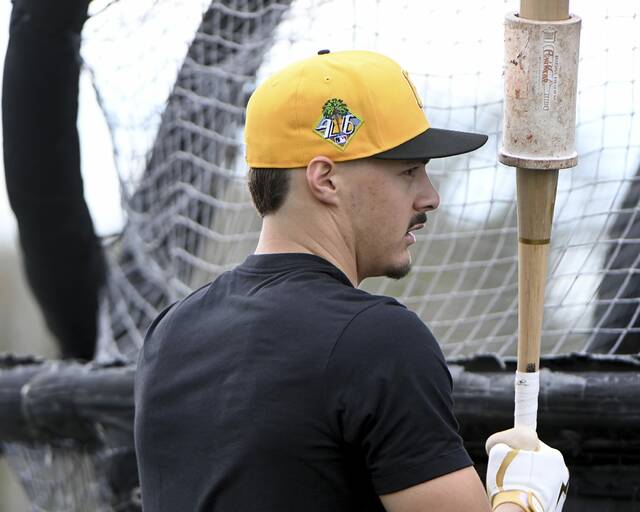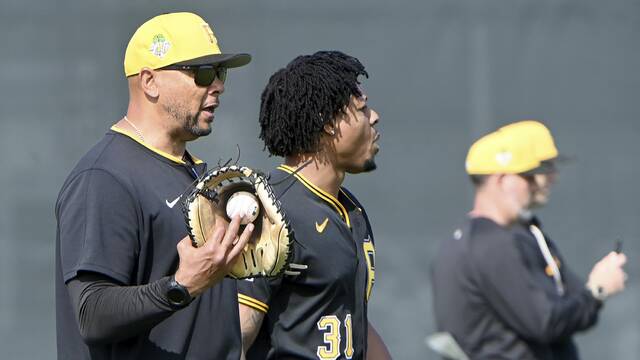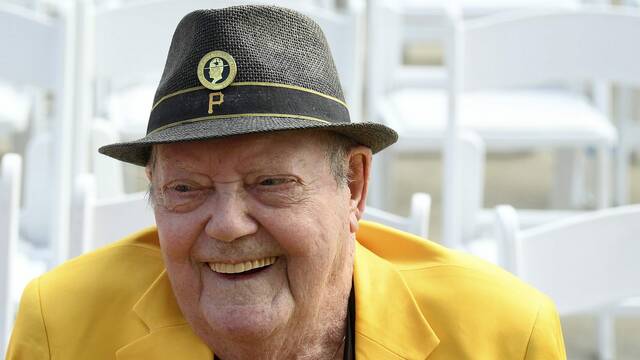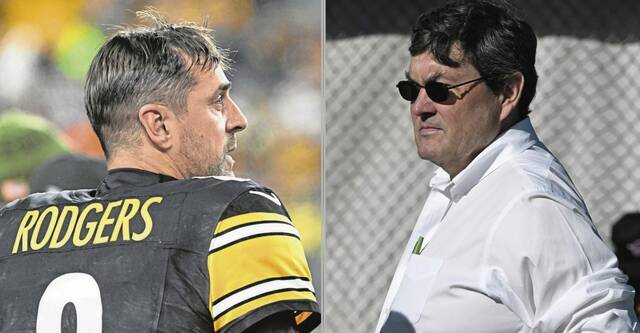My ballot for the National Baseball Hall of Fame reflects the nature of voting as the game comes to grips with the steroid-era scandal that started with MLB turning a blind eye only to end up with a black eye.
It’s complicated, contradictory and controversial.
Complicated: There were 30 names on the ballot, but you can vote for a maximum of 10. I used all 10 votes, checking boxes for five position players and five pitchers. Four were in their final year of eligibility, and I voted for all four. None of the players I voted for were elected.
Contradictory: I voted for five returning players connected to performance-enhancing drugs but didn’t vote for two deserving newcomers also connected to PEDs.
Controversial: David Ortiz was the only player to earn election by receiving the required 75% of the vote. Ortiz received 307 of 394 votes (77.9%), despite six voters sending in blank ballots.
And I didn’t vote for him.
That my ballot was the same as last year was by design. I found conviction in my consistency, believing Barry Bonds, Mark Buehrle, Roger Clemens, Andy Pettitte, Manny Ramirez, Scott Rolen, Curt Schilling, Gary Sheffield, Sammy Sosa and Billy Wagner belong. That Bonds and Clemens, the greatest slugger and power pitcher of my generation, are not in the Hall of Fame is a real shame.
This was my second year voting for the National Baseball Hall of Fame. Voted for the same 10 players as last year. @TribSports @TribLIVE @officialBBWAA @NotMrTibbs pic.twitter.com/vqQIMJWwZ0
— Kevin Gorman (@KevinGormanPGH) January 25, 2022
As for omitting Ortiz and Rodriguez, allow me to explain: When I became a Hall of Fame voter for the first time last year, it was with the intention of voting for the best players on the ballot. That includes players whose careers include alleged steroid use, like Bonds, Clemens, Ramirez, Sheffield and Sosa, with one exception: I made a decision not to vote for players connected to PEDs in their first year of eligibility.
So, it wasn’t a matter of picking this player over that player. They were all considered on individual merit. Except for Ortiz and Rodriguez. I never contemplated voting for either this year, believing that first-ballot recognition should be reserved for those whose careers were clean. That likely would have changed next year, not that we’ll ever know.
Related:
• Mark Madden: Voters' decisions hurt Baseball Hall of Fame more than those being excluded
• Commentary: Baseball harmed itself more than Bonds ever did
Both had careers worthy of first-year election. Rodriguez is a three-time MVP with 3,115 career hits who ranks fourth in major-league history with 696 home runs and 2,086 RBIs. But he was dirty, with a full-season suspension for violating baseball’s drug policy as proof of his guilt, and his receiving only 34.3% of votes is a reflection of that.
While Ortiz claimed he never failed a drug test once MLB implemented them, the New York Times reported he tested positive for a banned substance in an anonymous survey conducted in 2003. It can’t be ignored it occurred the very year Ortiz joined the Boston Red Sox and evolved into the best designated hitter in baseball history.
His career wasn’t on a Hall of Fame trajectory until then. In 455 games over his first six seasons with the Minnesota Twins, Ortiz had 108 doubles, 58 home runs and 238 RBIs. Those pedestrian numbers are comparable to Gregory Polanco’s first six seasons with the Pirates, when he hit 138 doubles, 78 homers and had 304 RBIs in 666 games. Even when adjusted for the games differential, Ortiz barely outpaces Polanco.
In his first six seasons with the Boston Red Sox, however, Ortiz hit 231 homers; in the next six, he hit another 177. In 2016, Ortiz had a final season for the ages, leading the AL with 48 doubles, 127 RBIs, a .620 slugging percentage and 1.021 OPS — all at age 40.
With Boston, Ortiz became one of baseball’s top sluggers (541 homers, 2,472 RBIs), greatest postseason performers (14 RBIs in as many World Series games) and best ambassadors. So it’s no surprise BBWAA voters elected Ortiz to the Hall of Fame in his first year of eligibility.
I just never had any intention of being one of them.








